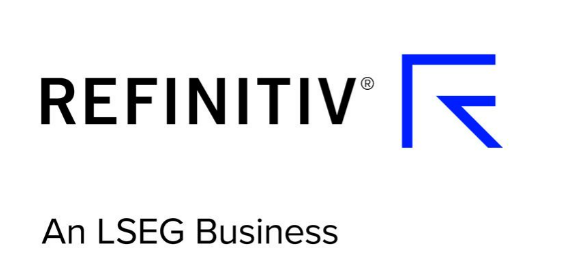Source: Sharecast
Stocks to watch
Unite Group reported a strong financial performance for 2024 on Tuesday, with adjusted earnings rising 16% to £213.8m and IFRS profit surging 331% to £441.9m, supported by rental growth of 8.2% and high occupancy rates. The FTSE 100 student property specialist said it was optimistic about 2025-2026, expecting 4% to 5% rental growth, continued strong demand from students and university partners, and a fully funded £1.05bn development pipeline focused on Russell Group cities. Strengthening its portfolio through acquisitions, disposals, and sustainability initiatives, Unite also improved its balance sheet, reducing net debt-to-EBITDA to 5.5x and lowering its loan-to-value to 24%.
Medical equipment maker Smith+Nephew on Tuesday posted a sharp jump in full year profit and revenue, driven by a rebound in its US knee and hip implant unit, which offset continuing headwinds in China. Revenue jumped 4.7% to $5.8bn, while operating profit surged 54.6% to $657m. The results follow a profit warning after a third-quarter trading update and pressure from shareholders to break up the group.
Consumer products giant Unilever has announced that its chief executive is leaving “by mutual agreement” after just 19 months at the helm. Hein Schumacher, who became CEO in July 2023 after serving as a boardmember for one year, is to step down on 1 March and will exit the firm on 31 May. He will be replaced by Fernando Fernandez, who has been the company’s chief financial officer since January 2024.
Newspaper round-up
The cost of the global energy crisis caused by Russia’s invasion of Ukraine will reach £3,000 for the average British household by the summer, after another expected increase in bills in April. The average annual bill in Great Britain under the latest energy price cap is forecast to be about £750 higher than in the pre-invasion winter of 2020-21, a 75% increase, according to calculations by the End Fuel Poverty Coalition, a campaign group. The cumulative toll of the price increases in the last four years comes to £3,033, the group said. – Guardian
Women occupy more than two in five seats on the boards of Britain’s biggest listed companies after further progress was made last year, but the number of female FTSE 100 chief executives dipped for a time to fewer than 10, according to a report. The proportion of board positions held by women at FTSE 350 companies rose to a new all-time high of 43.4% last year, up from 42.1% in 2023, according to the government-backed annual FTSE Women Leaders Review. Among the 100 biggest listed companies, the proportion of women in the boardroom was even higher, at 44.7% versus 42.6% in 2023. – Guardian
Ministers have insisted that BMW is still committed to Britain despite a decision to delay a £600m upgrade of its Mini factory in Oxford. The German car giant last week confirmed it was reviewing plans to restart production of electric Mini variants at the plant by 2026, amid sluggish demand across Europe. – Telegraph
Housing schemes are being strangled by a barrage of red tape that is costing developers tens of thousands of pounds each week and putting a brake on investment, a damning new report has found. Construction projects are suffering delays of up to 18 months owing to an “ever-increasing regulatory burden” caused by the Building Safety Act (BSA), according to the Purposeful Finance Commission (PFC), an alliance of businesses and local councils. – Telegraph
The billionaire Conservative Party donor Lord Spencer of Alresford has been topping up his large holding in Chapel Down Group, England’s largest winemaker, amid a lack of sparkle in the share price since listing on London’s junior market. Spencer, who founded the interbroker dealer Icap, is a non-executive director of Chapel Down. He has acquired 450,000 shares in recent days via his investment vehicle IPGL, stock exchange filings show, cementing his position as the largest shareholder with more than 27 per cent. – The Times
US close
Monday was another volatile session for US stock markets, with equities finishing mostly lower after a late-afternoon sell-off which pushed the S&P 500 and Nasdaq to their lowest levels in six weeks.
After a brief stint in positive territory after lunchtime, the S&P 500 turned lower by the close, falling 0.5% to 5,983.25 – its lowest finish since 16 January.
The Nasdaq, which spent the majority of the session in the red, ended with a heavy 1.2% loss to 19,286.92 – its lowest since 14 January.
Meanwhile, the Dow managed to eke out a 0.1% gain to 43,461.21 – helped by decent gains from Nike – but closed well off its intraday highs.
Stocks fell sharply at the back-end of last week, partly due to ongoing concerns about how trade tariffs will affect global economic growth, while macro data from the US has been mixed.


